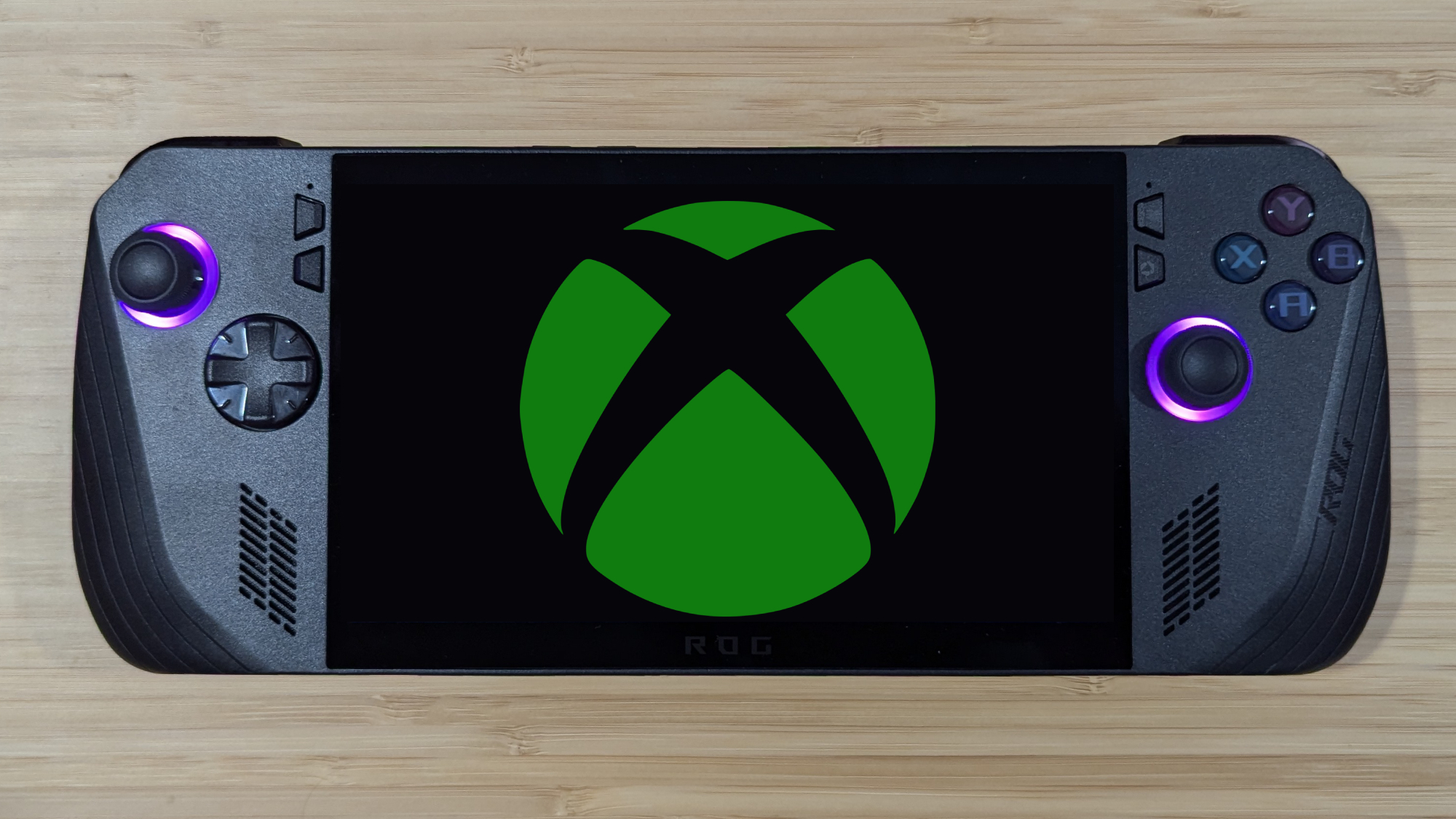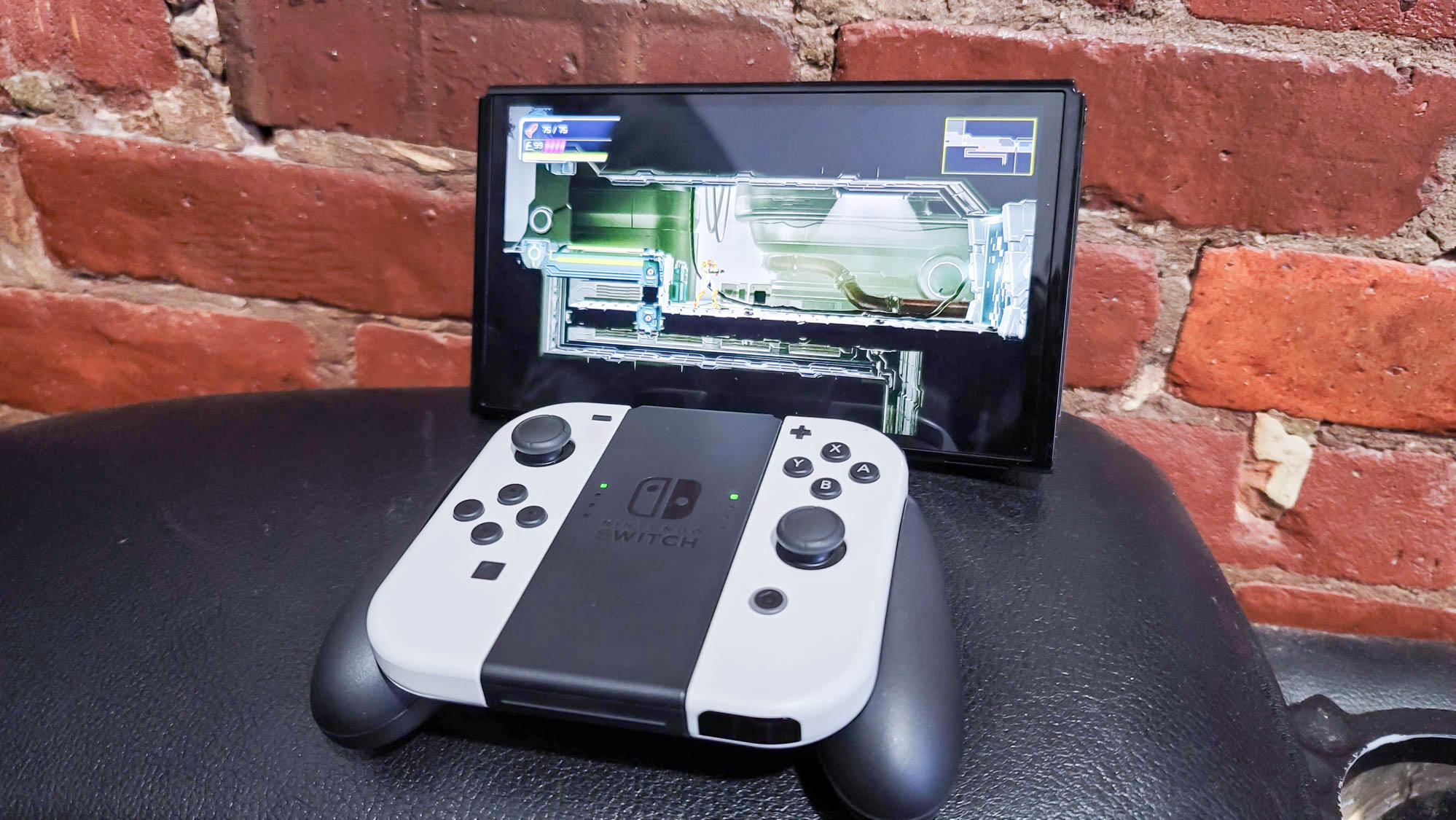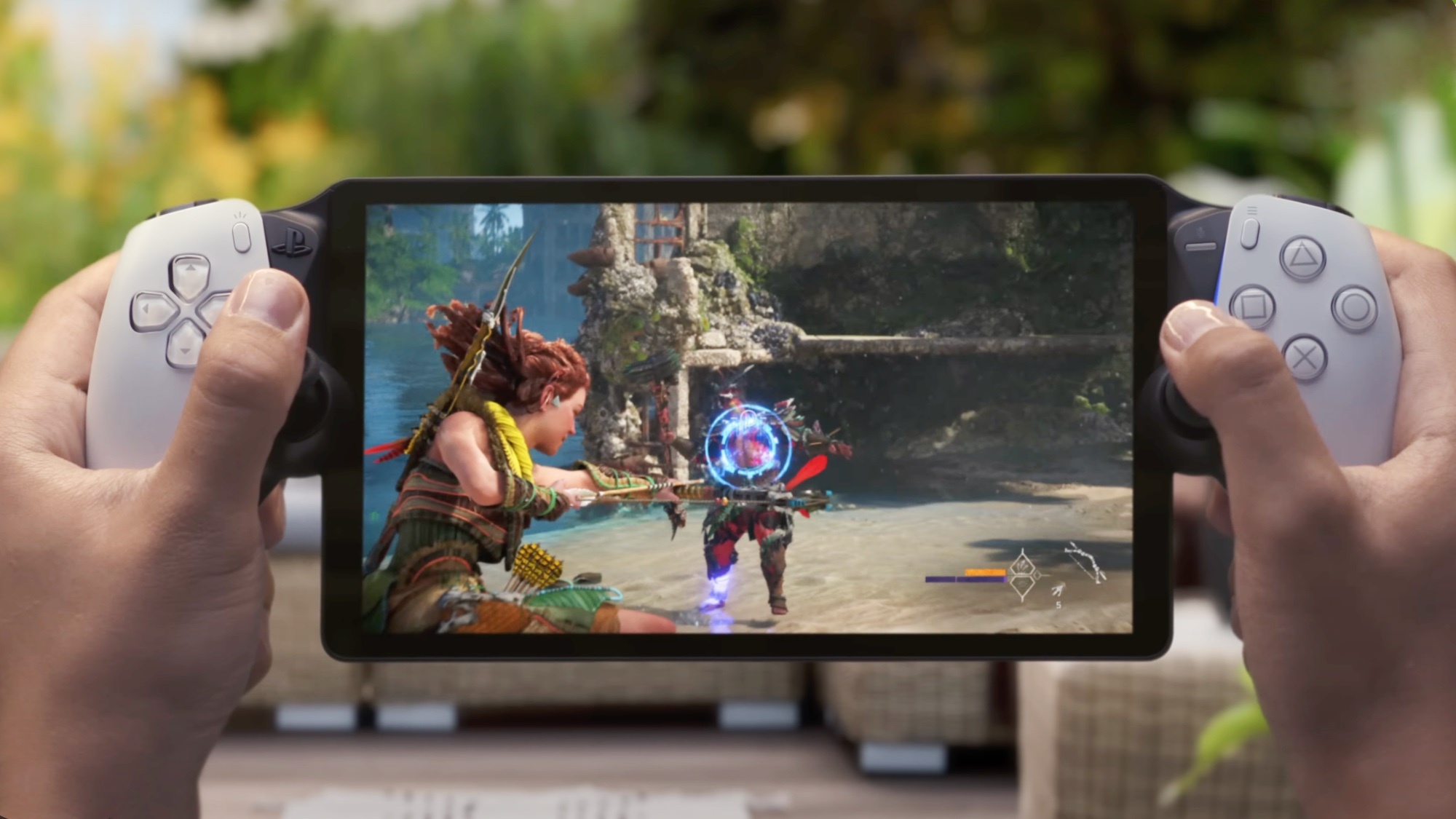
Nintendo Switch has, without question, been at the front of the pack in the handheld gaming race, but a recent Xbox leak could spell the end of the company's winning streak.
Windows Central reported on Saturday that unnamed sources claim Xbox's next-generation hardware will feature a "traditional-style successor to the Xbox Series X," alongside the company's first gaming handheld.
The Xbox handheld has been heavily teased since the start of the year. CEO of Microsoft Gaming, Phil Spencer, said "I think we should have a handheld too" in an interview with IGN back in June.
In the same interview, Spencer claimed "The future for us in hardware is pretty awesome, and the work that the team is doing around different form factors and different ways to play, I'm incredibly excited about it." The implication here is that work on the Xbox handheld is already underway.
While Spencer has pretty much confirmed the Xbox handheld by now, this leak from Windows Central further solidifies it.
The launch of a dedicated gaming handheld with its own operating system not attached to PC, nor Nintendo affiliated, would make it the first in over a decade (specifically since the PlayStation Vita launched in 2011).
This gives Xbox the perfect opportunity to challenge Nintendo's gaming handheld throne. It's finally time for a new handheld to enter the ring.
Nintendo is unstoppable in the handheld world
Nintendo has been the most successful gaming handheld hardware manufacturer in the industry for decades, having established this position with the Game Boy back in 1989. While the Game & Watch does predate it, it wasn't until the Game Boy that the company really started to find success.
Nintendo keeps a helpful index for its hardware sales, and we can see that the Game Boy managed 118.69 million units sold throughout its lifetime, which makes it the fourth-best-selling console of all time.

Two of the three consoles that surpass it in success are also Nintendo handheld consoles, being the Nintendo Switch (143.42 million) and Nintendo DS (154 million) respectively.
The PlayStation 2 just barely surpasses the Nintendo DS at 155 or more million units sold, according to PlayStation's website, making it the best-selling console ever.
The next most successful non-Nintendo gaming handheld is the PlayStation Portable, which sold 82 million units according to IGN. But once you get past this point, the next best-selling non-Nintendo handheld is the PlayStation Vita, which PlayStation doesn't even track on its website, with a little disclaimer that says, "Sales data on PlayStation Vita are not disclosed."
However, Polygon reported that the sales estimates for PlayStation Vita were around 10 to 15 million units. In other words, no company has gotten anywhere near touching Nintendo's throne.
But with the Nintendo Switch, it seems that a fire has sparked throughout the industry. We're now seeing a treasure trove of gaming handhelds powered by Android, Linux, or Windows from many different hardware manufacturers.
The gaming handheld market has been heating up
Whether it's the Asus ROG Ally, Lenovo Legion Go, MSI Claw, Acer Nitro Blaze 7, Zotac Zone, Adata XPG Nia, or Steam Deck, the handheld space has gotten packed in the last couple of years.
But these aren't dedicated gaming consoles on the same level as Nintendo Switch. Even Steam Deck, which features its own modified Linux operating system, is built upon Steam's library, which is available on Windows and Linux PCs.
Xbox developing its own gaming handheld slated to launch alongside the next generation of hardware is a big deal, as this hasn't happened since the PlayStation Vita came out in 2011. In other words, it's been 13 years since Nintendo's largest competitors have tried to enter the handheld space.

While the PlayStation Portal is technically a handheld console, its necessary attachment to a PlayStation 5 through Remote Play makes it more like an accessory than a standalone product.
In the aforementioned interview with IGN, Spencer said "I think being able to play games locally is important," which implies that the Xbox gaming handheld will not share the same issue.
Xbox's console development could finally give Nintendo Switch some competition, although it entirely depends on how Xbox approaches its features. We're expecting this to be a handheld that runs the full Xbox operating system and has access to all of its games, but available at a lower cost with less powerful graphics.
I wrote earlier this month that Nintendo needs to release the Switch 2 soon or risk getting buried by competition, and the same goes here.
Tom Henderson at Insider Gaming also wrote "PlayStation Portal was very successful and they are paying very close attention to the current handheld market." This could mean that PlayStation is working on a new dedicated handheld as well, which would give Nintendo even more competition.
The next console generation could look very different
Nintendo, Sony, and Xbox are the only surviving gaming console manufacturers capable of servicing their own ecosystem, often referred to as "the big three." However, Nintendo has always been at the head of the pack in handheld gaming.
Things are clearly changing now, and a future where Nintendo, Sony, and Xbox each carry a handheld competing for dominance is looking likely. While it may seem like a far-off fantasy, especially since it's never happened before, it could happen as early as the next console generation (which is expected between 2026 and 2027, as PlayStation has maintained a consistent 6-7 year gap between its generations since the PS One).
Nintendo's handheld crown has never been in as much danger as it is now.







